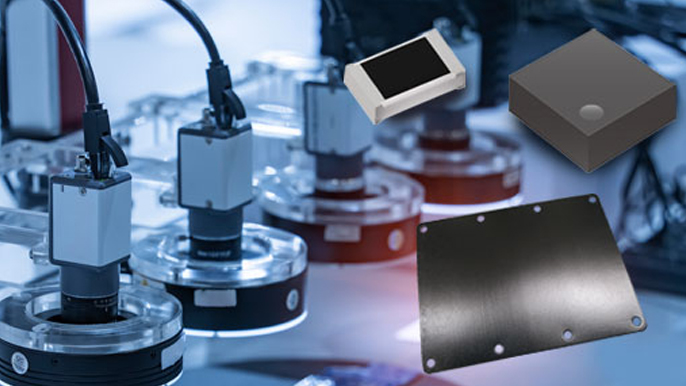In the rapidly evolving landscape of electrical engineering and electronics, ensuring the safety, reliability, and performance of systems is paramount. Electrical test equipment plays a critical role in achieving these objectives. From the simplest handheld multimeter to complex power analyzers and oscilloscopes, these tools are indispensable in a wide array of industries. The advancement in technology has significantly enhanced the capabilities of these instruments, making them more accurate, efficient, and user-friendly.
The Importance of Electrical Test Equipment
Electrical test equipment is used to measure and analyze various electrical parameters, such as voltage, current, resistance, capacitance, and more. These measurements are essential in troubleshooting, maintenance, and quality assurance processes. In industries like manufacturing, telecommunications, aerospace, and energy, ensuring that electrical systems function correctly is vital to preventing failures that could lead to costly downtime, safety hazards, or even catastrophic events.
One of the primary functions of electrical test equipment is to ensure compliance with international standards and regulations. Electrical systems must meet specific safety criteria, and testing is necessary to verify that these standards are adhered to. For example, insulation resistance testers are used to ensure that electrical insulation in devices and systems is adequate, preventing short circuits and electrical fires.
Technological Advancements in Electrical Test Equipment
The integration of digital technology into electrical test equipment has revolutionized the field. Modern instruments are now equipped with advanced features such as data logging, wireless connectivity, and real-time analysis. These enhancements not only improve accuracy but also streamline the testing process, saving time and reducing the likelihood of human error.
For example, digital multimeters now offer a range of features beyond simple voltage and current measurements. They can measure frequency, temperature, and continuity, and some models even include Bluetooth connectivity, allowing technicians to monitor readings remotely. Oscilloscopes have also seen significant improvements, with higher bandwidths, faster sampling rates, and enhanced visualization tools.
Application in Various Industries
Electrical test equipment is used in numerous industries, each with its unique requirements. In the automotive industry, for example, test equipment is essential for diagnosing and repairing electrical systems in vehicles. With the rise of electric vehicles (EVs), the need for specialized equipment, such as battery testers and EV powertrain analyzers, has increased.
In the energy sector, power quality analyzers and grid simulators are used to ensure the stability and efficiency of power systems. These tools are critical in the integration of renewable energy sources, such as solar and wind, into the grid. Ensuring that power systems can handle the variable output from these sources is essential for maintaining a stable supply of electricity.
The Future of Electrical Test Equipment
As technology continues to advance, the future of electrical test equipment looks promising. The integration of artificial intelligence (AI) and machine learning (ML) is expected to bring even greater improvements in accuracy and efficiency. AI-driven diagnostic tools can analyze vast amounts of data and identify patterns that may indicate potential issues, allowing for predictive maintenance and reducing the likelihood of unexpected failures.
Additionally, the trend towards miniaturization and portability will continue. Handheld devices with the power of larger benchtop instruments are becoming more common, making it easier for technicians to perform tests in the field. This is particularly important in industries like telecommunications, where testing equipment needs to be easily transportable.
Conclusion
Electrical test equipment is a critical component in ensuring the safety, reliability, and performance of electrical systems across various industries. The advancements in technology have made these tools more accurate, efficient, and user-friendly, enabling technicians to diagnose and repair issues more effectively. As industries continue to evolve, the demand for innovative test equipment will only grow, making it an exciting time for both manufacturers and users of these essential tools.


